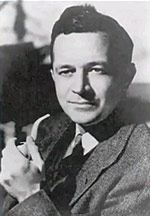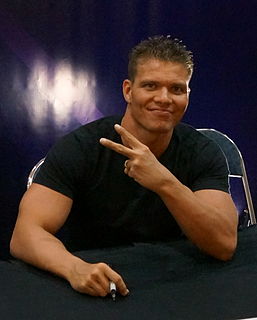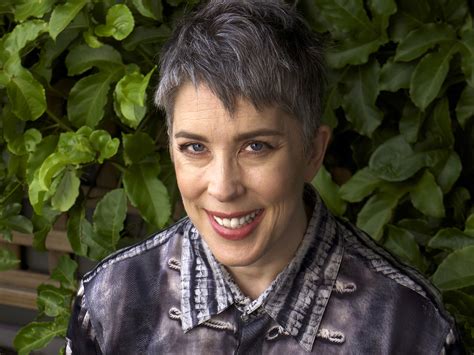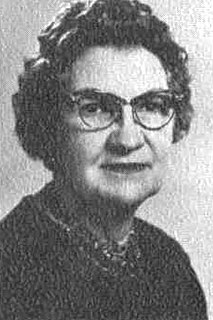A Quote by Jonathan Franzen
Nell Zink is a writer of extraordinary talent and range. Her work insistently raises the possibility that the world is larger and stranger than the world you think you know.
Quote Topics
Related Quotes
In my own life, as winters turn into spring, I find it not only hard to cope with mud but also hard to credit the small harbingers of larger life to come, hard to hope until the outcome is secure. Spring teaches me to look more carefully for the green stems of possibility; for the intuitive hunch that may turn into a larger insight, for the glance or touch that may thaw a frozen relationship, for the stranger's act of kindness that makes the world seem hospitable again.
Love your material. Nothing frightens the inner critic more than the writer who loves her work. The writer who is enamored of her material forgets all about censoring herself. She doesn't stop to wonder if her book is any good, or who will publish it, or what people will think. She writes in a trance, losing track of time, hearing only her characters in her head.
There are two basic defenses for an open ending: one is, If you read carefully enough, you'll know what happened. And the other is, That's how life is: things don't come to neat endings, there isn't a "happily ever after." But if you take that second line of defense, then I think you have to make the point that the writer has shown the range of possibility.
I'm a writer and this is what I do no matter what name we put to it. Year by year, the world is turning into a darker and stranger place than any of us could want. This is the only thing I do that has potential to shine a little further than my immediate surroundings. For me, each story is a little candle held up to the dark of night, trying to illuminate the hope for a better world where we all respect and care for each other.
The world I grew up in had both a literal and mythological quality. We were on the borders of several worlds - the larger black world bordered us on one side. More distantly, there was the larger white world. We interacted with some, but not others. If you think of it as an internal geography, it is a land, a contested space with these very charged historical, cultural, and emotional borders.
I re-read The History of White People by Nell Irvin Painter. It's a book every one should read, particularly Americans, as the USA is her primary focus. Her book demonstrates that white is not universal, that white is not neutral, that it has a history, which she eloquently delineates. It's not often you finish a book understanding how the world operates better than before you read it.



































